
An employee tests chips at a tech company in Hefei, Anhui province. (Photo by Xie Chen/for China Daily)
Washington's latest curbs on selling chips and chipmaking equipment to China are an act of technological hegemony that will wreak havoc in the highly globalized semiconductor supply chain and hurt multinationals from around the world, officials and experts said.
These measures are part of the United States government's well-calculated and systematic push to contain China's rise in technology at the expense of the interests of global semiconductor companies, including U.S. chip enterprises that have benefited substantially from the vast Chinese market, they added.
The comments came after the U.S. Commerce Department published a new set of export controls on Friday, including a measure to cut China off from certain semiconductor chips made anywhere in the world with U.S. equipment, and putting more Chinese companies on an export control list.
Mao Ning, a spokeswoman for the Foreign Ministry, said on Saturday that the U.S.' new restrictions will hinder international tech exchanges and economic cooperation, and undermine the stability of global industrial and supply chains and the recovery of the world economy.
The U.S.' politicization and weaponization of technology, economic and trade issues will not stop China's development, and will only hurt the U.S. itself, Mao added.
The latest U.S. export controls include restrictions on the export of some types of chips used in artificial intelligence and supercomputing, and tightened rules on the sale of semiconductor manufacturing equipment to any Chinese company that produces advanced logic chips.
Zhong Xinlong, a senior consultant at the Beijing-based China Center for Information Industry Development Consultancy, said the new restrictions add further pressure to the global semiconductor industry, which is already suffering a steep drop in demand for personal computers and smartphone components.
The Semiconductor Industry Association, a Washington-based group representing the U.S. semiconductor industry, urged the U.S. government on Friday to implement the rules in a targeted way — and in collaboration with international partners — to help level the playing field and mitigate unintended harm to U.S. innovation.
Bai Ming, deputy director of international market research at the Chinese Academy of International Trade and Economic Cooperation, said that Washington has adopted well-calculated approaches to suppress China's chip sector, regardless of what harm these could cause across the world.
Han Xiaomin, general manager of Jiwei Insights, a semiconductor industry consultancy in Beijing, said that if the new measures are strictly implemented, it could put as much as 30 percent of some U.S. and global chip industry giants' total revenue at risk, because, as the world's largest chip market, China accounts for about one-third of their total revenue.
"The increasingly tightened U.S. restrictions will motivate us to double down on resources to achieve breakthroughs," said a senior executive from a Chinese chip equipment maker, who declined to be named.








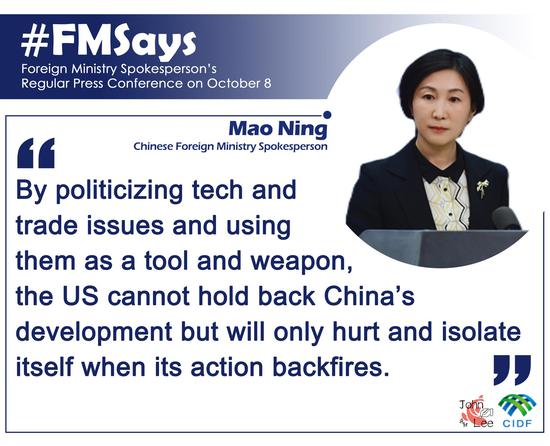





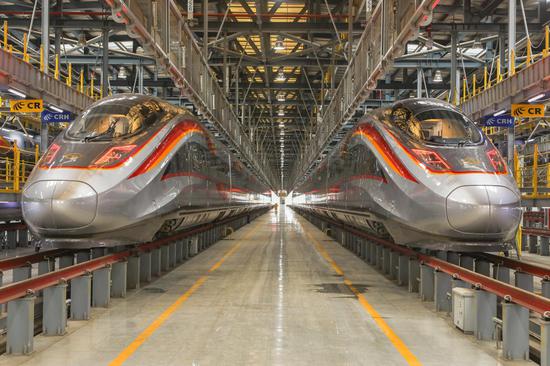
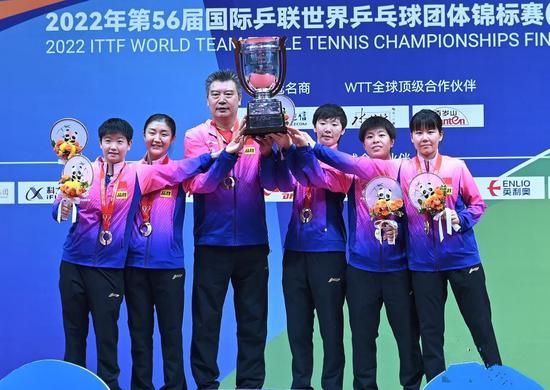

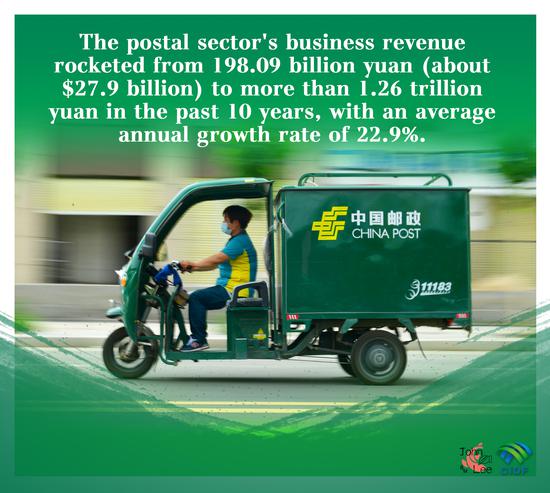





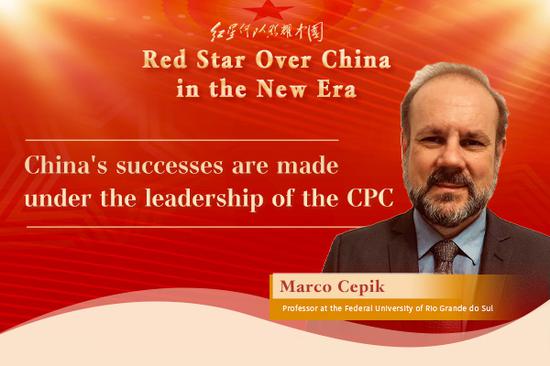

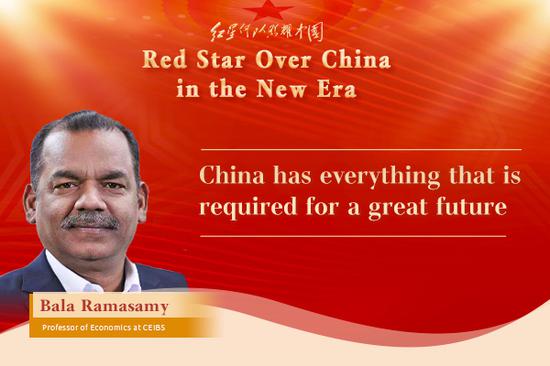
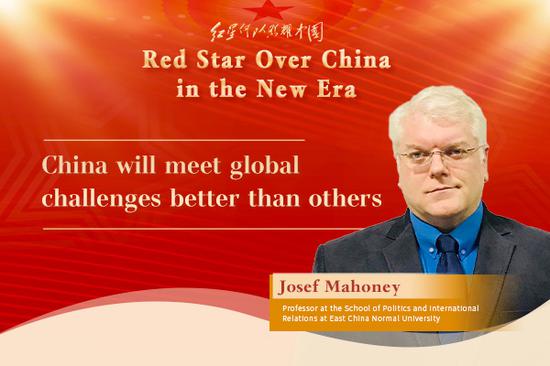

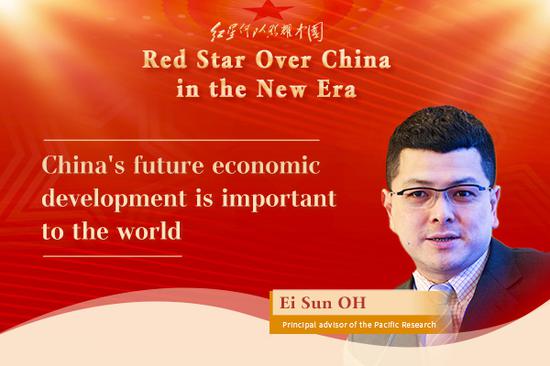
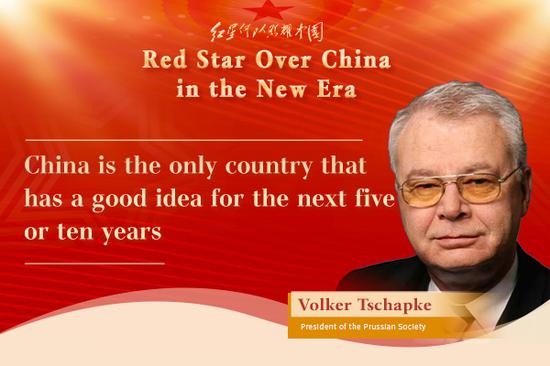






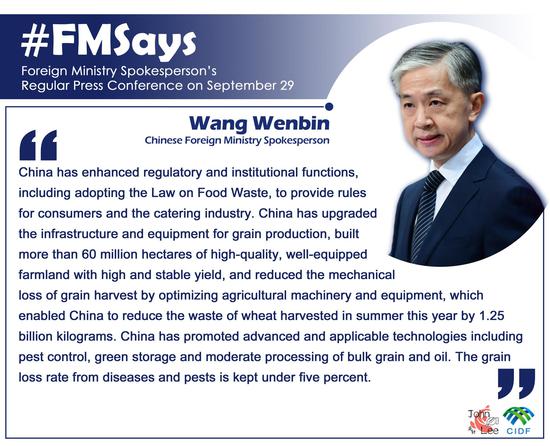
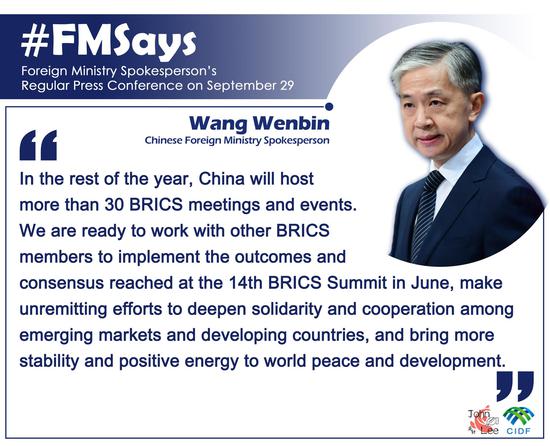

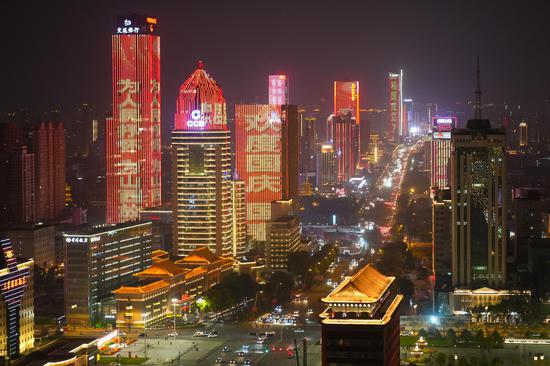



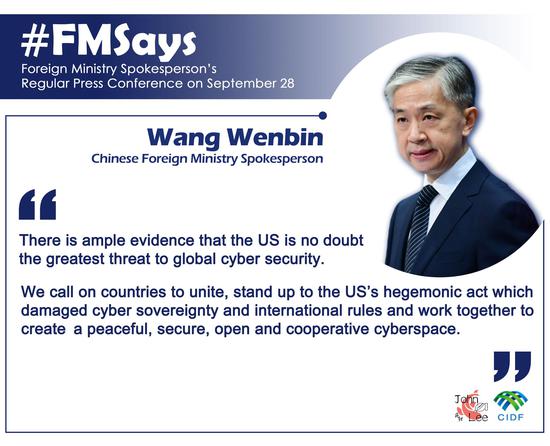






 京公网安备 11010202009201号
京公网安备 11010202009201号